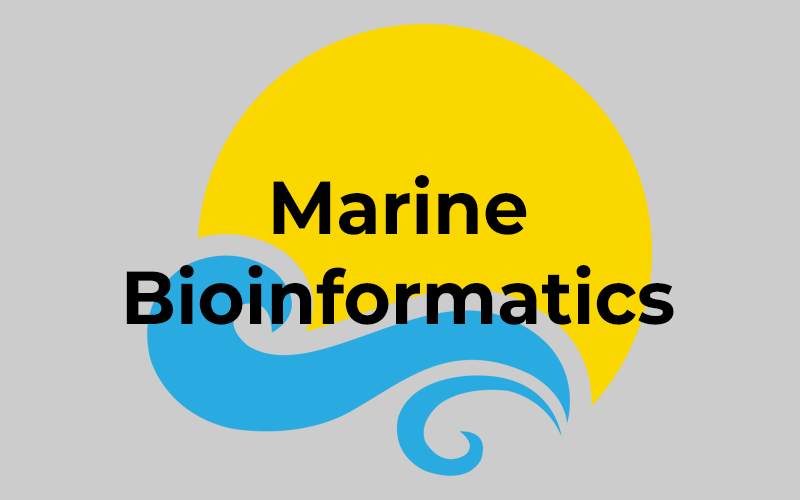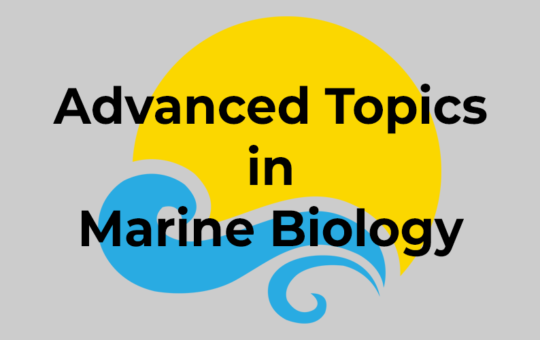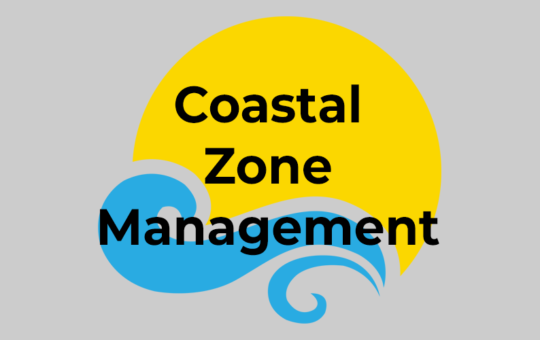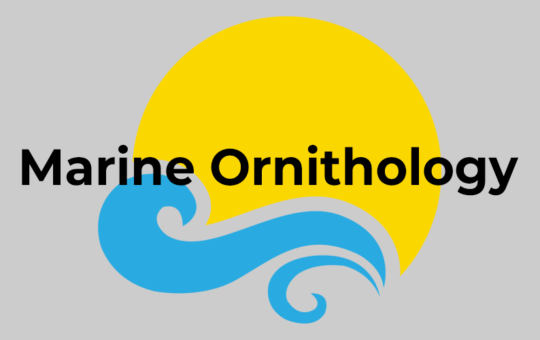
Marine Bioinformatics
Marine Bioinformatics combines marine biology with computational tools and techniques to analyze and interpret biological data. This course provides students with an understanding of the principles and applications of bioinformatics in marine science. Students will explore how bioinformatics is used to study marine organisms at the molecular level, including genomics, proteomics, and transcriptomics. The course covers the use of various bioinformatics tools and software for data analysis, such as sequence alignment, gene prediction, and phylogenetic analysis. Emphasis is placed on the importance of bioinformatics in advancing our knowledge of marine biodiversity, ecology, and evolution.
In addition to technical skills, the course addresses the practical applications of bioinformatics in marine research and conservation. Students will learn how bioinformatics can be used to identify and monitor marine species, study their genetic diversity, and understand their responses to environmental changes. The course also explores the role of bioinformatics in drug discovery, biotechnology, and environmental monitoring. Through lectures, hands-on laboratory exercises, and project-based learning, students will develop the skills and knowledge necessary for careers in marine science, biotechnology, and computational biology, while gaining a deeper appreciation for the power of bioinformatics in unlocking the secrets of the marine world.
Curriculum
- 6 Sections
- 20 Lessons
- 1 Quiz
- 0m Duration
Section 1: Introduction to Marine Bioinformatics
- Chapter 1: Overview of Marine Bioinformatics
- Chapter 2: History and Development of Bioinformatics
- Chapter 3: Fundamental Concepts in Bioinformatics
Section 2: Marine Genomics and Proteomics
- Chapter 4: Marine Genomics
- Chapter 5: Marine Proteomics
- Chapter 6: Transcriptomics and Metagenomics
Section 3: Bioinformatics Tools and Techniques
- Chapter 7: Sequence Analysis
- Chapter 8: Structural Bioinformatics
- Chapter 9: Functional Genomics
Section 4: Data Management and Analysis
- Chapter 10: Bioinformatics Databases
- Chapter 11: Data Integration and Visualization
- Chapter 12: Computational Tools and Software
Section 5: Applications of Marine Bioinformatics
- Chapter 13: Environmental Genomics
- Chapter 14: Marine Biotechnology
- Chapter 15: Conservation Genomics
Section 6: Challenges and Future Directions
- Chapter 16: Ethical and Legal Considerations
- Chapter 17: Technological Advances in Bioinformatics
- Chapter 18: Case Studies in Marine Bioinformatics
- Chapter 19: Interdisciplinary Approaches
- Chapter 20: Global Collaboration and Future Prospects
- Marine Bioinformatics - Assessment Test





